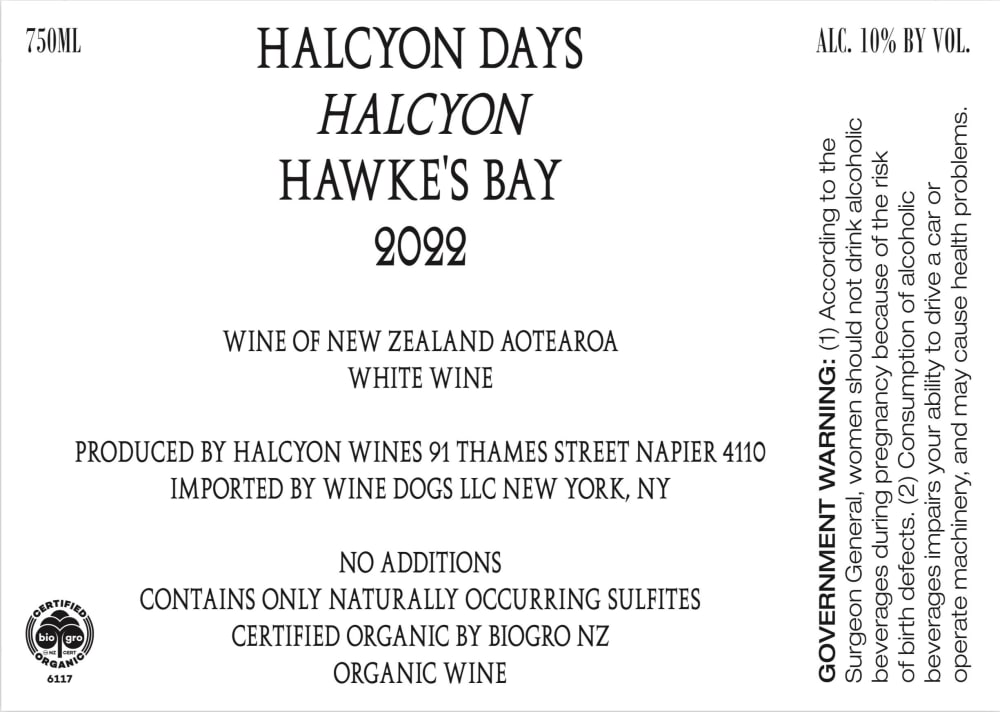Kosher wine refers to wine that is produced and handled according to Jewish dietary laws, known as Kashrut. These laws dictate specific rules for the cultivation, harvesting, production, and handling of wine.
During wine making all aspects of the Kosher process must be handled only by observant Jews and can only contain ingredients that have been deemed Kosher. The production process is carefully monitored and certified by a rabbi or other recognized authority to ensure that the final product is indeed Kosher.
Kosher wine can be made from any grape variety and can be produced in any wine-growing region. However, there are certain wineries that specialize in producing Kosher wine. Some of the most well-known Kosher wine producers are located in Israel, although there are also producers in other countries such as the United States, France, and Italy.
The production of Kosher wine involves a series of steps that must comply with Kashrut. The vineyard must be cared for according to Jewish law, including planting, pruning, and harvesting. During the winemaking process, only Kosher equipment and ingredients can be used. This includes the use of Kosher yeast, which must be produced without the use of animal-based nutrients. The winery must also be cleaned and prepared according to Kashrut before the production of Kosher wine can begin.
One of the most important steps in the production of Kosher wine is the handling of the wine itself. Once the wine has been produced, it must be handled only by observant Jews until it is bottled. This means that non-Kosher equipment or utensils cannot come into contact with the wine, and any non-Kosher ingredients cannot be added. The final product must be bottled under the supervision of a rabbi or other recognized authority.
There are different levels of Kosher certification that can be applied to wine, depending on the level of stringency required by the consumer. The most basic level is known as Mevushal, which means “cooked” in Hebrew. Mevushal wines can be heated to
high temperatures without affecting their taste or quality, and are often used for ceremonial occasions where non-Kosher guests may be present. Mevushal certification allows the wine to be handled by non-Jewish servers and still remain Kosher.
Another level of Kosher certification is known as Non-Mevushal. Non-Mevushal wines must be handled and served only by observant Jews in order to maintain their Kosher status. These wines are often of higher quality and are meant for more serious wine enthusiasts.
Kosher wine is not just important for religious reasons; it has also become an important market segment in the wine industry. Kosher wine has gained popularity in recent years, with a growing number of wine enthusiasts seeking high-quality Kosher wines. Some Kosher wines have even received international recognition and won prestigious awards.
One of the challenges of producing Kosher wine is that the process is more labor-intensive and expensive than non-Kosher wine production. This is due to the additional requirements and restrictions that must be followed. However, many wineries see the benefit of producing Kosher wine and are willing to invest the time and resources necessary to do so.
In conclusion, Kosher wine is an important segment of the wine industry, with a rich history and cultural significance. The production of Kosher wine requires strict adherence to Jewish dietary laws and certification by a recognized authority. While producing Kosher wine is more challenging and expensive, many wineries see the value in doing so, as it provides an opportunity to produce high-quality wine for a growing market segment.
Wine is sunlight, held together by water.”- Galileo Galilei


